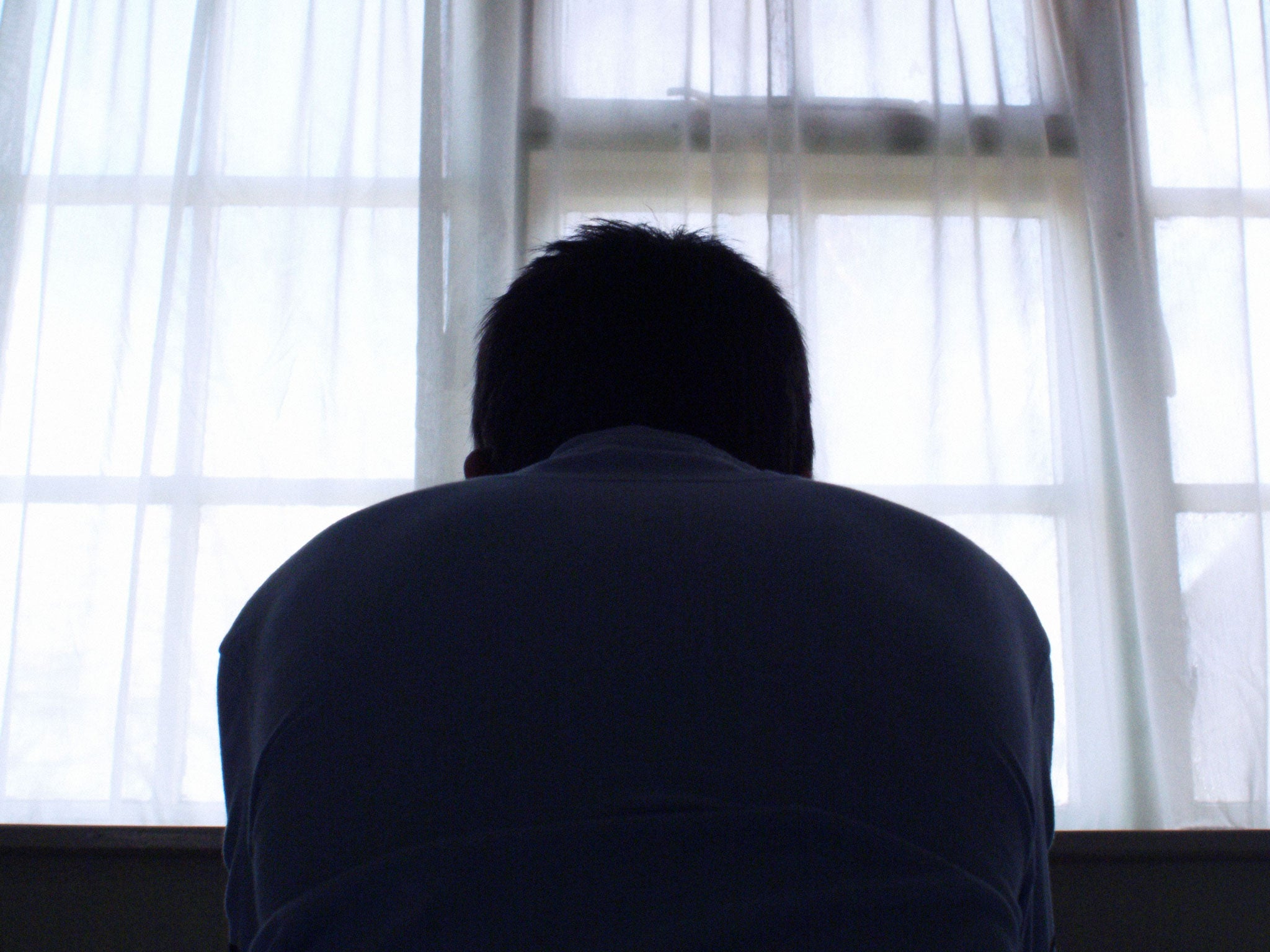The Independent's journalism is supported by our readers. When you purchase through links on our site, we may earn commission.
Should we be worried about the rise of antidepressants?
Mental health funding has been cut for three years in a row, while demand is increasing. With news that prescriptions for antidepressants in Britain have doubled over the last 10 years, some say this shows people are being medicated unnecessarily, but is it that simple?

Every few months or so a new story will appear in the media, reminding us of the apparently unstoppable rise of antidepressant use in the UK. Almost always, these stories are underpinned by a sense of alarm and the assumption that it is something we should be worried about.
Some see it as evidence that GPs are too quick to dish out drugs to people who are not ill, but simply sad. That we are using medication as a quick fix to numb ourselves to normal human emotions.
But the reality behind the figures is more complex. Leading charities Rethink Mental Illness and Mind both say that no one can know for certain what’s caused the increase, and that much more research needs to be done. While medicalisation may play a part, there are other factors at play.
According to Mark Winstanley CEO of Rethink Mental Illness, changing attitudes are a significant part of the story: “Although stigma is still a major problem, people are now more willing to admit if they think they might be experiencing depression and are more aware of the fact that their GP can help, which is a really positive thing.”
The Office for National Statistics estimates that around one in 10 people experience depression in any given year. So rather than medicalising a group of people who don’t really need treatment, perhaps we are now simply reaching a higher proportion of those who do.
But even with increasing numbers of people coming forward, the vast majority are still struggling in silence. In their ‘manifesto for better mental health’ England’s leading mental health organisations estimated that currently, two-thirds of people with depression are still not getting any treatment at all.
Another factor charities believe could be having an impact, is squeezed NHS budgets. They say sometimes GPs have no other option but to prescribe medication.
“Mental health services are chronically underfunded in this country. As a result, people often wait months, or even years, to get therapy, and many are missing out altogether,” explains Winstanley. “This means too many people are just being given medication alone, when they could also really benefit from other treatments like talking therapies.
“This needs to change. If you had a serious physical illness, you’d expect to get the full range of recommended treatments. People with mental illness shouldn’t be treated any differently.”
The numbers make for stark reading. Mental health accounts for 23 per cent of the total ‘burden of disease’ in England, but gets just 13 per cent of the NHS budget. On top of this, funding has been cut in real terms for the last three years in a row, while demand is increasing.
According Dr Andrew Mayers, a psychologist at Bournemouth University specialising in mental health, it’s about more than just budgets: “Some GPs have a better understanding of mental health than others. We should invest in ongoing training to upskill them and ensure they are aware of all the latest information and treatments available."
But Dr Mayers is also keen to point out that antidepressants can be a lifeline: “leaving people on antidepressants in the long-term without proper review is not good practice. But in some cases, medication is vital just to get people back to a level where they can function again and engage with other treatments.”
For many people affected by mental illness, this last point is crucial. Some feel that the automatic assumption that increasing antidepressant use is something to worry about, is not only inaccurate, but also stigmatising.
A prominent mental health blogger known as Sectioned, coined the term ‘pill shaming’ to highlight what she sees as the “patronising and shaming narrative to reporting about antidepressants.”
She says: “All of these myths and stereotypes add to the shame and stigma many people feel about taking antidepressants – as if there wasn’t enough of that attached to mental health problems already. For some of us, it’s what enables us function daily, to get out of bed, to stay alive. Taking medication (or not) should be a matter of personal healthcare choice, not a public moral issue. Yet somehow it is.
“People can feel ashamed for the choice they have made, isolating them from seeking support from friends, family or colleagues, which can be so important when depressed.”
So while it’s healthy for us to question and debate the rise of antidepressant use, the assumption that it is inherently negative, is misleading. These figures may well include people who are being unnecessarily medicated, but they also reflect the fact that more people who need treatment are now getting it. And while there is no doubt that pressure on the system means in some cases medication is the only option available, in many other cases antidepressants are absolutely the right option.
As Sectioned puts it: “Antidepressants most definitely do not cure depression or make you happy but, for some, they are what keep us alive.”
Join our commenting forum
Join thought-provoking conversations, follow other Independent readers and see their replies
Comments
Bookmark popover
Removed from bookmarks